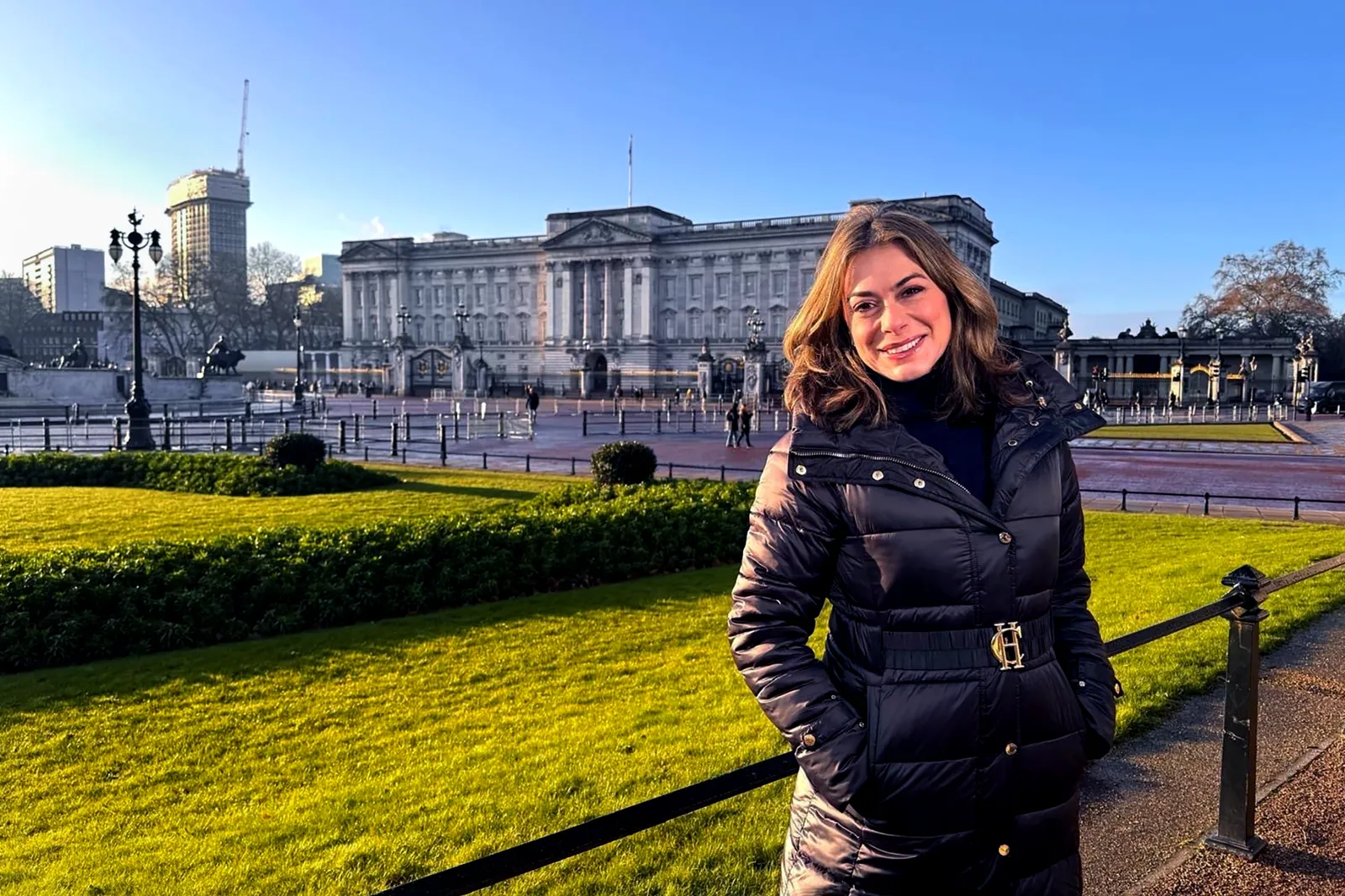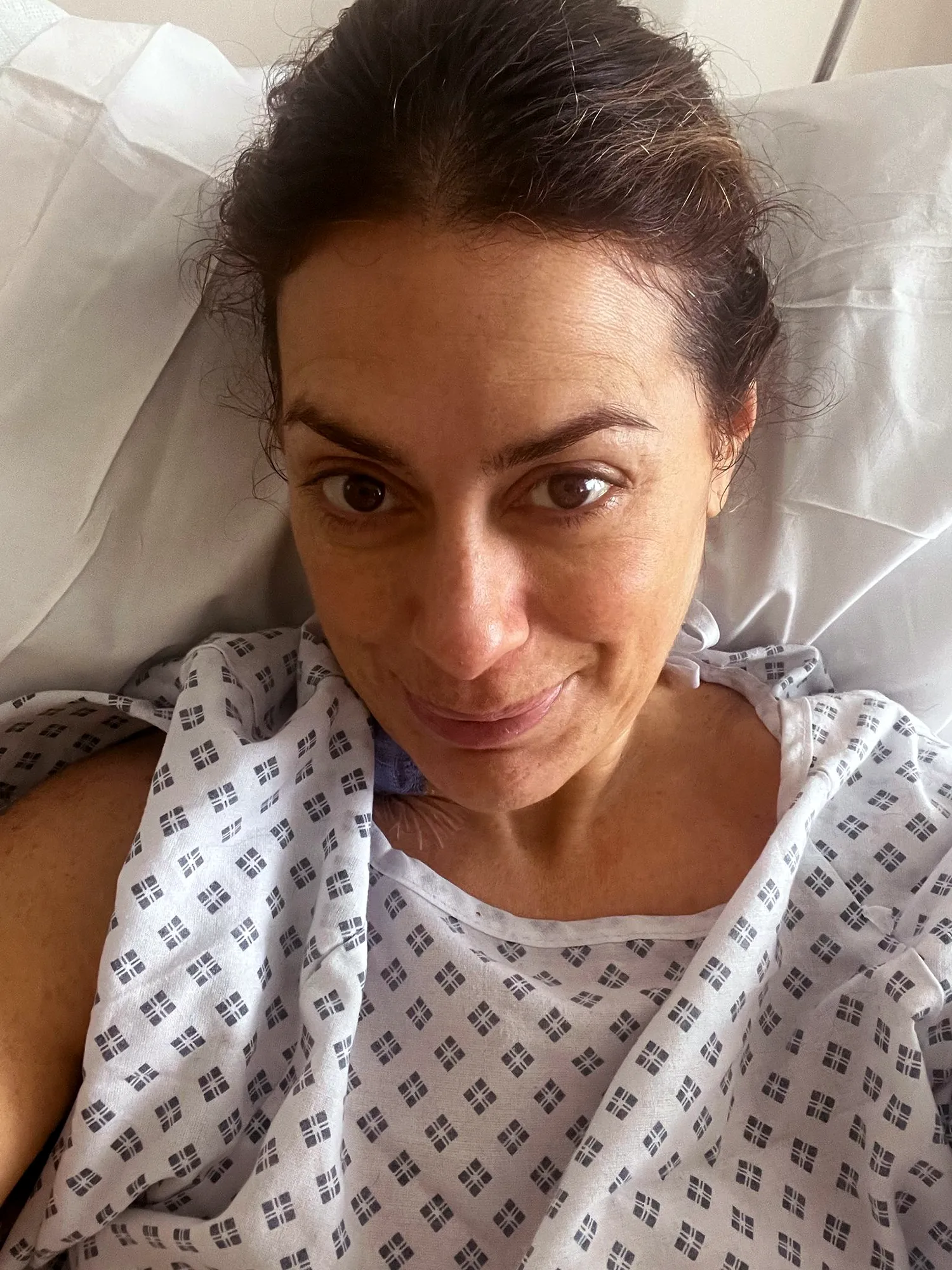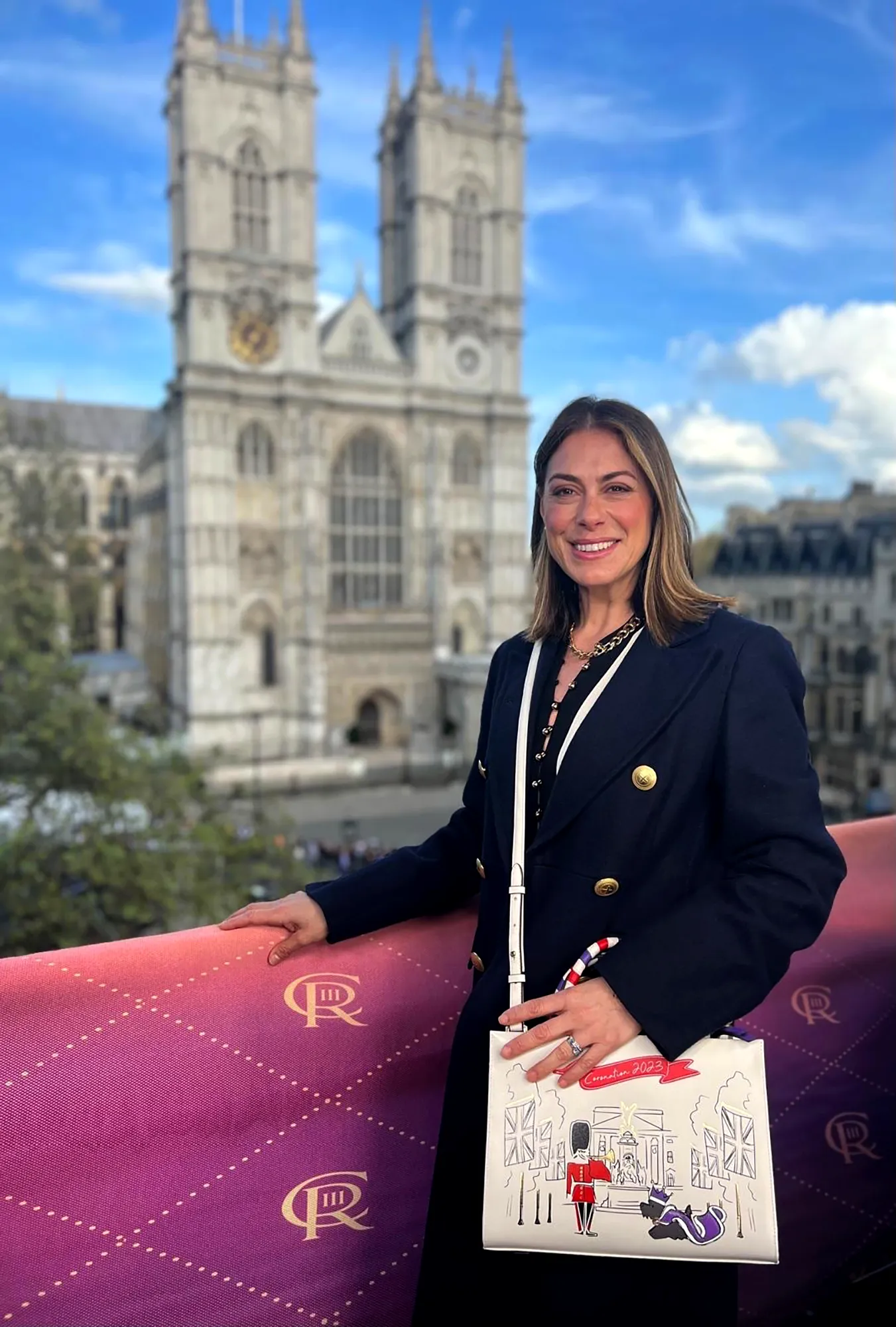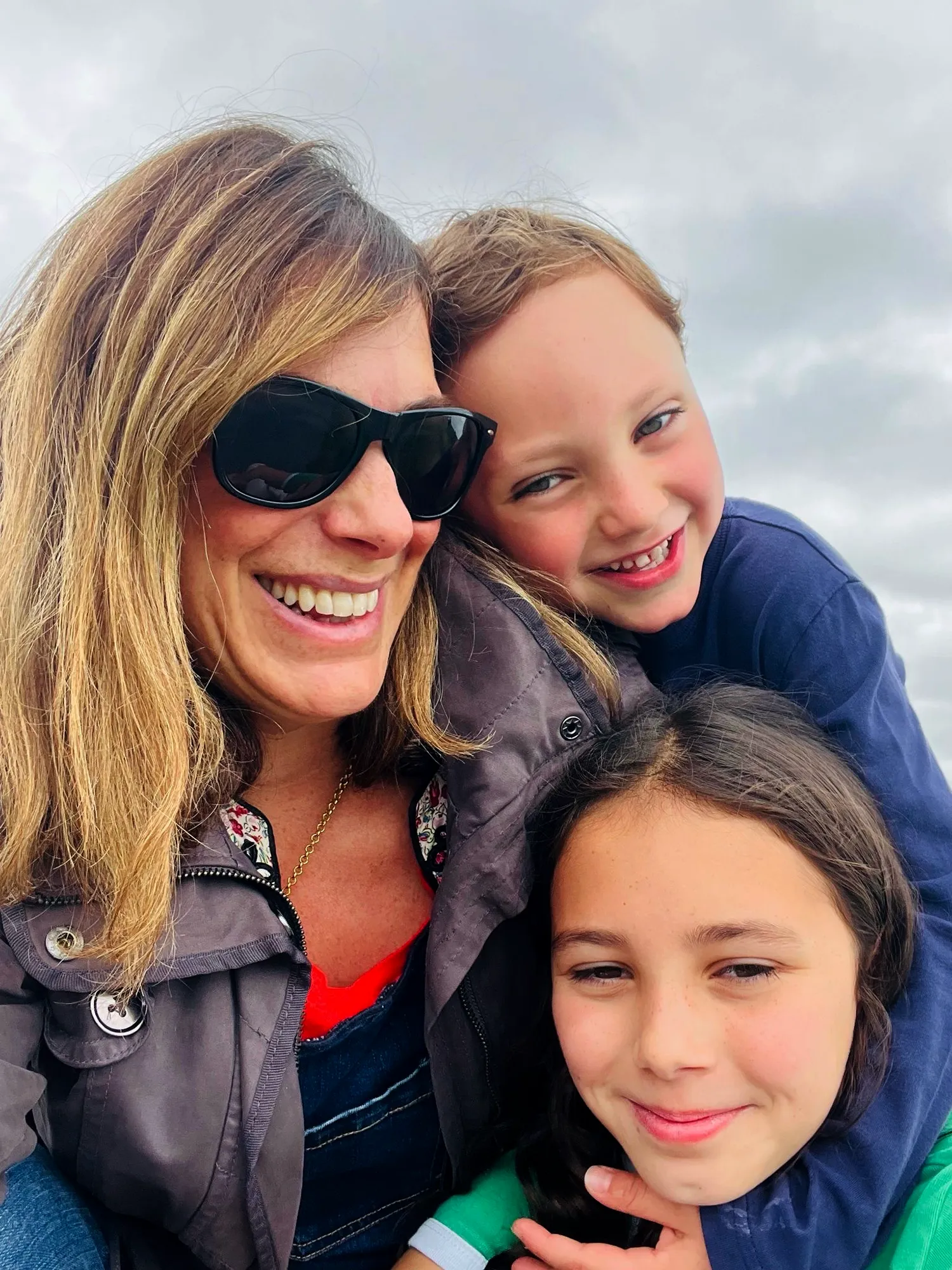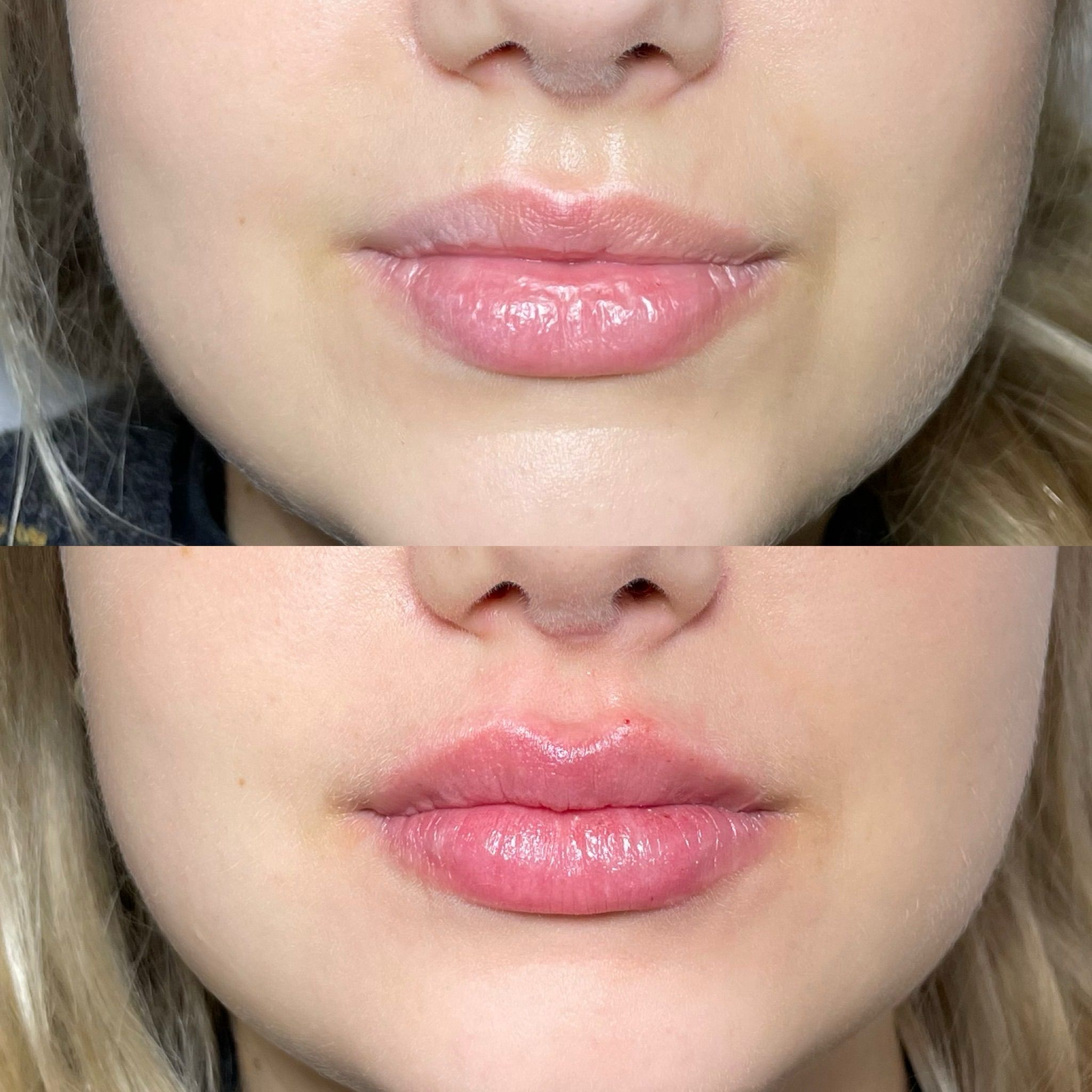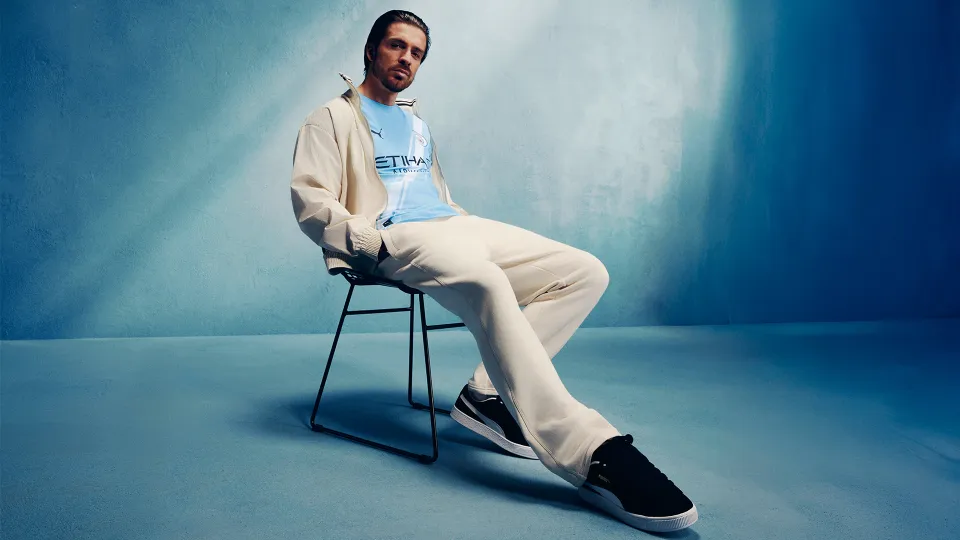As a seasoned journalist covering the British royal family for nearly two decades, I’ve developed a certain resilience to breaking difficult news stories. However, reporting on Princess Catherine’s recent cancer diagnosis struck a deeply personal chord. Just moments before going on air, I learned of her illness, and I couldn’t hold back tears. Here was a young, vibrant woman facing every mother’s worst nightmare. My empathy ran deep because, almost a year to the day before her announcement, I was diagnosed with cancer myself.
A Personal Battle: My Cancer Diagnosis
In my 40s, a busy mother juggling home life, young children, and a demanding career, I prided myself on maintaining a healthy lifestyle. I was fit, ate a balanced diet, and drank alcohol sparingly. But on Valentine’s Day 2023, my world turned upside down when I was diagnosed with cholangiocarcinoma, a rare and aggressive form of liver cancer, also known as bile duct cancer.
Early Symptoms and Diagnosis
Just before Christmas 2022, I visited my GP after experiencing mild heart palpitations and indigestion. Assuming stress was the culprit, I was advised to take some time off work. However, my instincts told me something was amiss. I pushed for further tests, leading to a CT scan and an electrocardiogram, both of which returned normal results. Yet, during a subsequent scan of my aorta, a suspicious lesion on my liver was discovered. An MRI confirmed a tumor the size of my palm growing within my liver.
The Emotional Toll
The two-week wait for results was agonizing. I felt physically ill, unable to eat, with countless thoughts racing through my mind. Being told I had cancer was my worst nightmare. How could I be ill when I felt so well? Was it curable? Would I need chemotherapy? How would I tell my children—Matilda, then 11, and George, just 6? They were still so young, and I was too. I promised myself I would be there to see them grow up.
Understanding Cholangiocarcinoma
Cholangiocarcinoma, or bile duct cancer, is a rare and aggressive cancer that affects the bile ducts connecting the liver, gallbladder, and small intestine. In the UK, an estimated 3,100 to 6,000 people are diagnosed annually, though the actual figure may be higher.
Symptoms and Challenges
Early detection is challenging due to vague or absent symptoms. Key warning signs include:
- Dark urine
- Pale, putty-colored stools
- Itchy skin
- Weight loss
- Abdominal pain
- Jaundice (yellowing of the skin and eyes)
These symptoms often appear only when the tumor is advanced .
Survival Rates
The prognosis for cholangiocarcinoma is generally poor. The five-year survival rate for bile duct cancer that hasn’t spread outside of the bile ducts ranges from 18% to 23%. This rate drops to 2% to 3% for cancer that has spread beyond the bile ducts .
The Road to Recovery
At the Royal Free Hospital in London, I met with Dr. Dora Pissanou, a leading liver surgeon specializing in cholangiocarcinoma. She informed me that my tumor was operable and that the cancer hadn’t spread. Her words instilled hope: this would be a fight, but I would be her champion.
Preparing for Surgery
In the days leading up to my surgery, I prepared my children’s favorite meals and froze them, organized playdates, and frantically wrote the final chapter of my latest book, “The New Royals.” I sent it to my editor just before being admitted to the hospital. The night before surgery, I hugged my children extra tight, promising them I would be home soon. At that point, I chose not to tell them about my cancer diagnosis; it was too much for them to handle.
The Surgery and Hospital Stay
On February 24, 2023, I underwent an 11-hour surgery. Dr. Pissanou removed 50% of my liver, 18 lymph nodes, and my gallbladder. The liver is the only organ that can regenerate, offering hope for recovery. I spent 12 nights in the hospital, some of the toughest days of my life. I missed Matilda and George immensely. They visited me once all my tubes were out. Upon discharge, just days before my 46th birthday, I was two stones lighter and very frail, but each day, I grew stronger.
Chemotherapy and Return to Work
Before the operation, Dr. Pissanou aimed to get me fit enough to be back on air to cover King Charles III’s coronation on May 6. That became my goal. Like the Princess of Wales, I underwent a course of preventative chemotherapy, starting in April and completing six months later. I was prescribed capecitabine, a tablet form of chemotherapy, which I tolerated well. I was fortunate not to lose my hair or suffer from extreme sickness. Commentating on the King’s Coronation and achieving that personal goal felt incredible—it allowed me to feel like myself again, rather than a cancer patient.
Reporting on Royal Health Battles
I had told virtually no one in my professional sphere about my diagnosis. I wanted to keep it private while I healed physically and emotionally. I never imagined that within a year of my own diagnosis, I would be reporting on the King battling cancer, and then the Princess. It felt surreal, but I also knew I could look down the camera and tell audiences that cancer is not always a death sentence.
Princess Kate’s Public Announcement
When the Princess of Wales faced a frenzy of cruel speculation about her health, I felt angry on her behalf. She was forced to reveal her cancer diagnosis to the world and to her young children due to rampant media gossip. Her courageous decision to go public was deeply moving. Covering Trooping the Colour last summer and seeing the Princess back on duty was a moment that resonated; I found it hard to broadcast without getting choked up. It was wonderful to see her looking well and doing what she loves.
Raising Awareness
It’s been touching to see both the King and the Princess raising awareness and visiting cancer centers around the country. In doing so, they offer support to people fighting cancer and send out a positive, much-needed message about surviving a disease that affects one in two of us.
Advocacy and Moving Forward
Last week, February 20 marked International Cholangiocarcinoma Day. Today, I will be speaking at a reception at the House of Commons to raise awareness about liver cancer on behalf of the Alan Morement Memorial Fund (AMMF), the only cholangiocarcinoma charity in the UK. I’m also running a half marathon in London in May for Maggie’s, the cancer support charity for which Queen Camilla is a patron. I aim to raise awareness about the work of charities like the AMMF and the Cholangiocarcinoma Foundation in the US, which campaign for earlier detection of bile duct cancer and strive to improve the quality of life for those living with cholangiocarcinoma.
I want to continue doing my job—reporting on the royals and their return to good health—and, most importantly, being a mom.
- Natural Lip Filler – Elegant Lip Enhancement & Subtle Lip Augmentation - December 19, 2025
- Lip Augmentation in London – Lip Filler London & Natural Lip Enhancement - December 16, 2025
- Bonnie Blue secretly filming huge C4 show which will reveal ‘what her life’s really like’ after 1,000 men sex stunt - June 5, 2025

